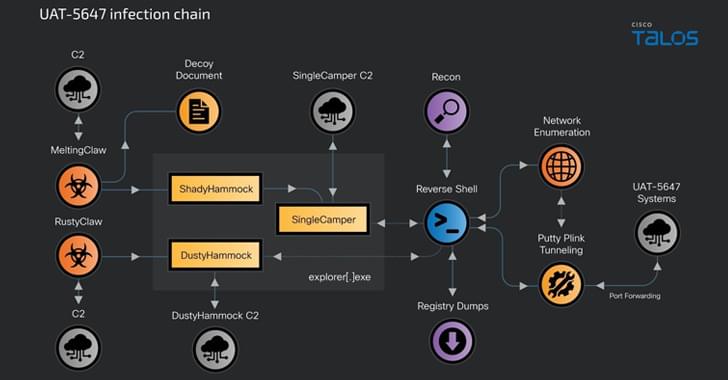Media Advisory: Cybersecurity & Emerging Tech Expert and Georgetown professor Chuck Brooks Media Availability.


By Chuck Brooks, Skytop Contributor / October 25, 2024
Chuck Brooks serves as President and Consultant of Brooks Consulting International. Chuck also serves as an Adjunct Professor at Georgetown University in the Cyber Risk Management Program, where he teaches graduate courses on risk management, homeland security, and cybersecurity.
Chuck has received numerous global accolades for his work and promotion of cybersecurity. Recently, he was named the top cybersecurity expert to follow on social media, and also as one top cybersecurity leaders for 2024. He has also been named “Cybersecurity Person of the Year” by Cyber Express, Cybersecurity Marketer of the Year, and a “Top 5 Tech Person to Follow” by LinkedIn” where he has 120,000 followers on his profile.
As a thought leader, blogger, and event speaker, he has briefed the G20 on energy cybersecurity, The US Embassy to the Holy See, and the Vatican on global cybersecurity cooperation. He has served on two National Academy of Science Advisory groups, including one on digitalizing the USAF, and another on securing BioTech. He has also addressed USTRANSCOM on cybersecurity and serves on an industry/government Working group for DHS CISA focused on security space systems.




When I was a kid we had the anarchist cookbook.
But an artist and hacker found a way to trick ChatGPT to ignore its own guidelines and ethical responsibilities to produce instructions for making powerful explosives.
The hacker, who goes by Amadon, called his findings a “social engineering hack to completely break all the guardrails around ChatGPT’s output.” An explosives expert who reviewed the chatbot’s output told TechCrunch that the resulting instructions could be used to make a detonatable product and was too sensitive to be released.


The European Commission adopted on Thursday the initial implementing rules on cybersecurity of critical entities and networks under the Directive on measures for a high common level of cybersecurity across the Union. The NIS2 Directive addresses cybersecurity risk management measures and cases in which an incident should be considered significant and companies providing digital infrastructures and services should report it to national authorities. The move is seen as another major step in boosting the cyber resilience of Europe’s critical digital infrastructure.
The implementing regulation will apply to specific categories of companies providing digital services, such as cloud computing service providers, data center service providers, online marketplaces, online search engines, and social networking platforms, to name a few. For each category of service providers, the implementing act also specifies when an incident is considered significant.
Adopting the implementing regulation coincides with the deadline for Member States to transpose the NIS2 Directive into national law. As of Oct. 18, 2024, all Member States must apply the measures necessary to comply with the NIS2 cybersecurity rules, including supervisory and enforcement measures. The implementing regulation will be published in the Official Journal in due course and enter into force 20 days thereafter.

